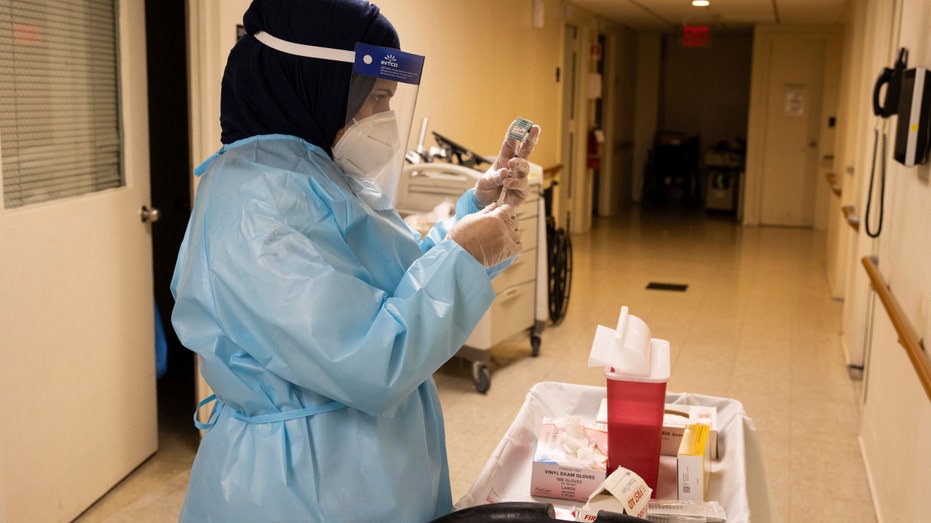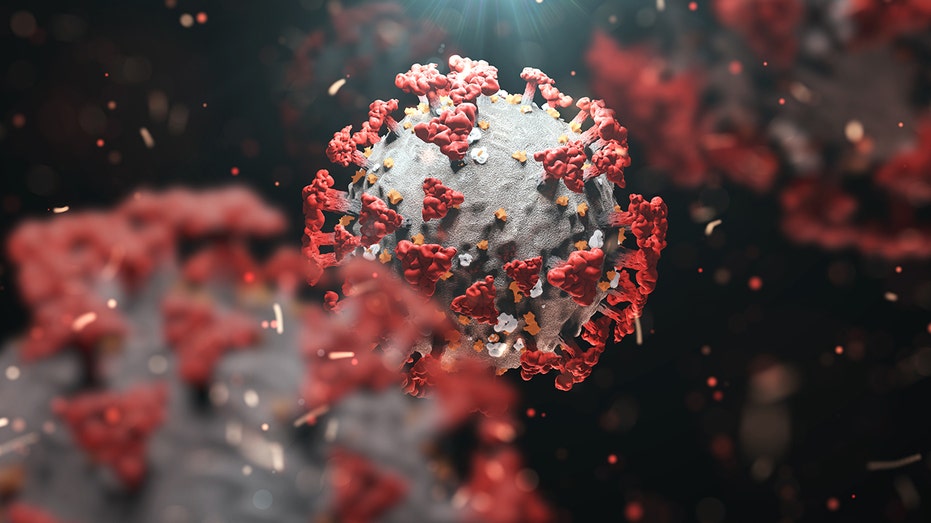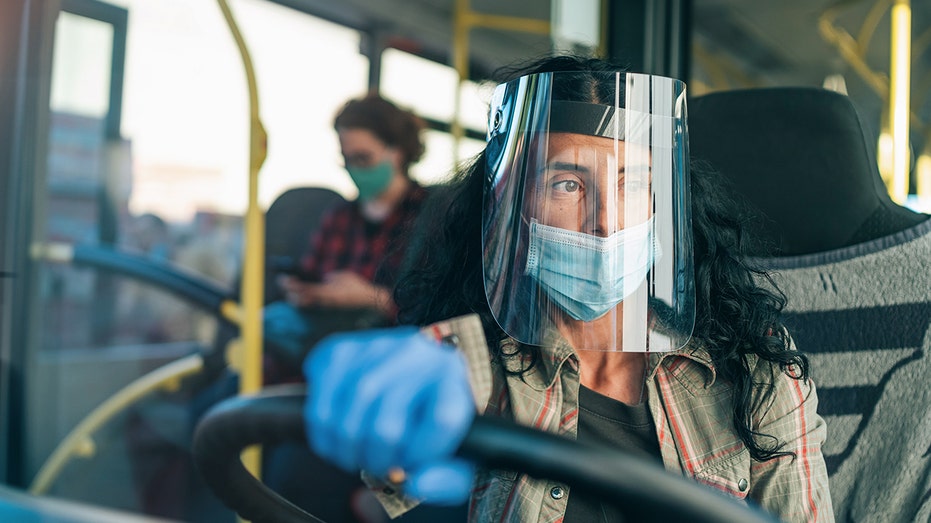Fox Business Flash top headlines for February 19
Fox Business Flash top headlines are here. Check out what’s clicking on FoxBusiness.com.
Scientists say the world has reached a precarious point in the Covid-19 pandemic, one where conditions are ripe for the rise of more new coronavirus variants that could complicate efforts to control the disease.
The virus continues to spread rapidly in many parts of the world, even as segments of the population have gained some degree of immunity as a result of having been infected or vaccinated.
Scientists say that combination — high rates of viral transmission and a partially immunized population — encourages the emergence of variants that are potentially more transmissible or more lethal. More transmission means more opportunities for the virus to evolve, they say.
"If everyone has immunity, then you have pretty much no virus circulating and the virus can't adapt," University of Bern molecular epidemiologist Emma Hodcroft said, adding that if no one within a population has immunity, then there's no pressure on the virus to evolve. "That middle part, where you have a partially vaccinated population, or a partially immune population with lots of virus circulating, that's kind of your danger point," she said.
FILE – In this Jan. 15, 2021, file photo, a CVS Pharmacist prepares a COVID-19 vaccine for the nursing home residents at Harlem Center for Nursing and Rehabilitation, a nursing home facility in Harlem neighborhood of New York. (AP Photo/Yuki Iwamura, TSA HIRING 6K AIRPORT SECURITY SCREENING OFFICERS IN ANTICIPATION OF SUMMER TRAVEL New variants could also reduce the effectiveness of Covid-19 vaccines and treatments and lead to reinfections among people who have already recovered from Covid-19, scientists say. The key to minimizing these problems, they say, lies with social distancing and other measures to reduce contagion as well as with ramping up vaccination efforts, which have lagged behind in many places. "The slower you are at both of these things, the bigger risk you're taking that you're going to have the emergence of more variants," said Richard Lessells, an infectious-disease specialist at the KwaZulu-Natal Research Innovation and Sequencing Platform in Durban, South Africa, the group of scientists who first sequenced the South African variant, B.1.351. When a virus infects someone, it creates many copies of itself. Each time it does, errors can be introduced into its genetic code. Some of these errors, or mutations, have no effect on the behavior of the virus. Others — like some of those seen in the worrisome variants that emerged in the U.K., South Africa and Brazil — may boost the virus's ability to evade our immune defenses. 3D illustration (iStock) CALIFORNIA WOMAN BLAMES COVID INFECTION ON HUSBAND’S EMPLOYER: LAWSUIT It's a matter of simple mathematics: More transmission means more mutations and a greater likelihood that dangerous variants will take hold. "Every round of replication of the virus is an opportunity for it to incorporate a new mutation," said Vineet Menachery, a virologist at the University of Texas Medical Branch. "If you have fewer people who are infected and fewer rounds of the virus to replicate, that's fewer mutations that can be introduced." And if the virus is spreading uncontrollably within a population that only has partial immunity, then variants that have advantageous mutations — for instance, those that help it evade the immune response — will tend to predominate, scientists say. This phenomenon, called selective pressure, may help explain how some of the new coronavirus variants arose in the first place, and why South African doctors and scientists have reported seeing an unusually high number of suspected reinfections. "This is what we saw play out here, almost certainly," Dr. Lessells said of South Africa. Research by Dr. Lessells and his colleagues showed that the B.1.351 variant had initially spread most rapidly in the South African province of Eastern Cape, where many residents had already contracted Covid-19 and recovered. He and his colleagues also showed in a series of lab experiments that antibodies from previously infected individuals were less effective against B.1.351 than earlier coronavirus variants. Data from another study in South Africa seemed to back those findings, suggesting that previous infection may not fully protect against infection by the variant. Female bus driver with protective mask working during COVID-19 (iStock) GET FOX BUSINESS ON THE GO BY CLICKING HERE Some researchers say the high number of mutations seen in the B.1.351 variant — more than 20 — suggests that the mutations arose in a single patient before it spread to others. Some scientists believe that's what happened in the U.K., where a variant with about two dozen mutations emerged in December. A paper published in the journal Nature documented the case of an immunocompromised patient whose Covid-19 infection persisted despite several months of treatment with convalescent plasma. Lab tests of virus particles taken from the patient showed they had developed mutations that made them less vulnerable to antibodies. That patient's case shows how selective pressure can work within individuals as well as across populations, said Ravindra Gupta, a professor of microbiology at the University of Cambridge and a co-author of the paper. In that patient, the virus learned to live with the patient's antibodies through favorable mutations that arose spontaneously, he said. What started off as a little mutation in one virus rapidly became many more viruses because there was so much replication going on, he added. "There's the same thing with populations, " he said. The rate of new Covid-19 infections in the U.S. has slowed in recent days from a peak last month. The pace of vaccinations has recently picked up following a slow rollout marked by fragmented communication between federal authorities and vaccination sites, distribution bottlenecks and other problems. Worldwide, Covid-19 has infected more than 110 million people and killed more than 2.4 million. Source: Read Full Article

